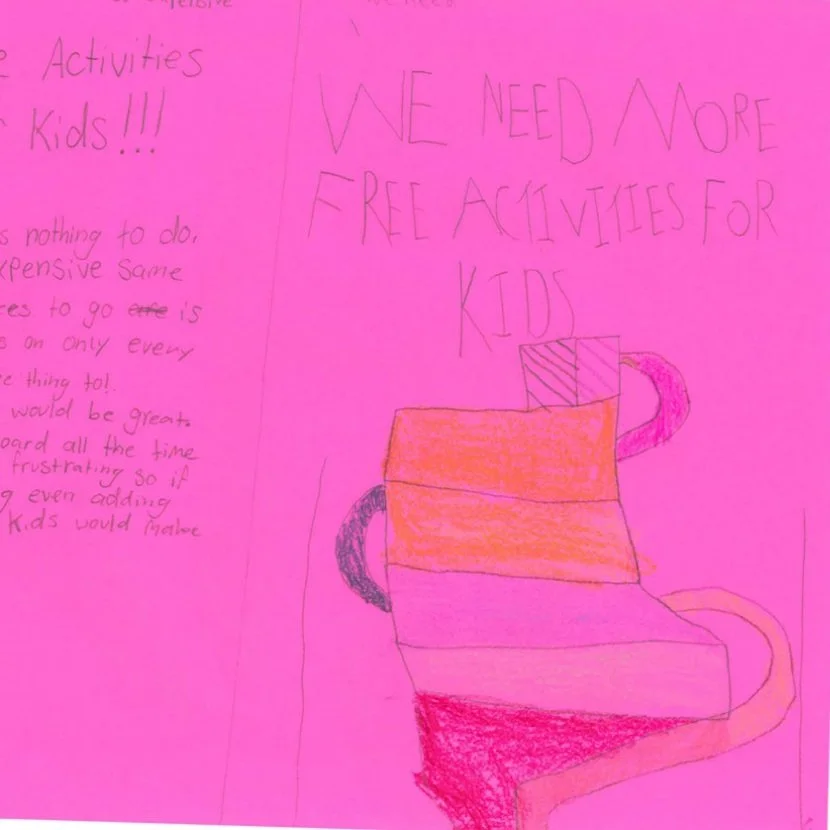This week Prime Minister Anthony Albanese announced the government's plan to introduce legislation to ban younger teens from social media. Today, Cadhla O’Sullivan (@CadhlaOSull) and Sharon Bessell (@BessellSharon) from the Children’s Policy Centre at ANU, highlight what other approaches are worth considering.
Read MoreDr. Rhiannon Parker discusses nuanced findings on digital media use and its impacts on youth education and wellbeing.
Read MoreWhen 60 Minutes aired a segment called ‘Does Australia really want to see the end of Down syndrome?’ in August 2017, its Facebook platform was flooded with negative comments about people with Down syndrome and their parents. Belinda Johnson and Dr Raelene West from RMIT University examined the online responses to the program and uncovered confronting views of Down syndrome as an economic burden, a medical burden and a social burden. As they worked their way through comments questioning the right of children with Down syndrome to access publicly funded disability services in light of advances in prenatal testing, for example, the authors began to question the extent to which derogatory and ill-informed comments that push people with disabilities into an exhausting and endless process of justifying their existence should be tolerated in the name of free speech. Their findings were recently published in the Journal of Sociology.
Read MoreInstagram is to ban graphic self-harm images following the suicide of UK teen Molly Russell. In this piece re-published from the Conversation, and picked up by UK news company The Sun, Dr Anna Lavis and Dr Rachel Winter discuss the complex relationship between self-harm and social media, and how a knee-jerk ban on content could actually harm young people.
Read More



